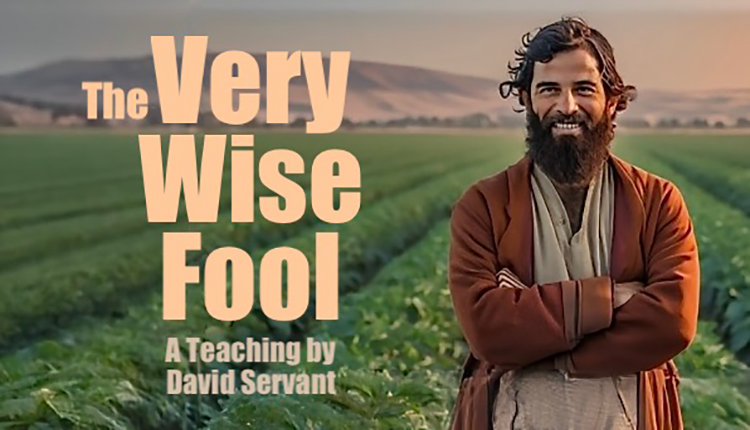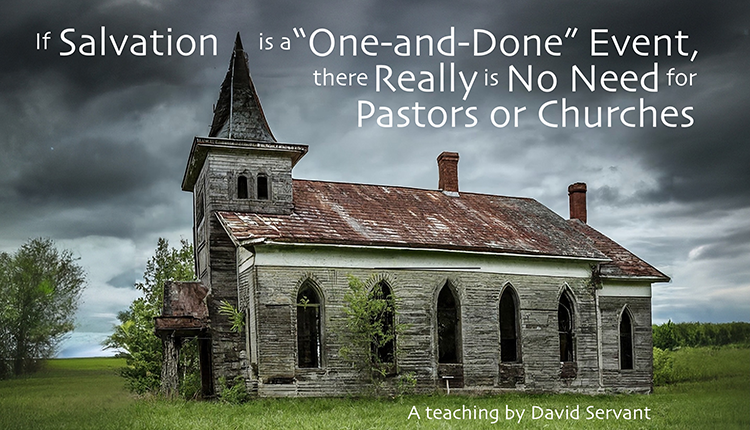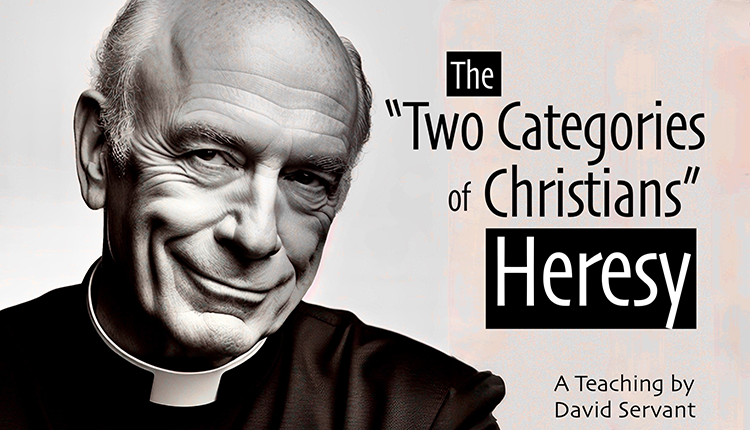
Dear reader: Below is an expansion of Jesus’ Parable of the Treasure in the Field and the Introduction to a short book I wrote some years ago titled, Forever Rich: Seven Spiritual Secrets to Ultimate Financial Fulfillment. If you enjoy the Introduction, the eight chapters that follow it can be read for free here: https://www.davidservant.com/books/forever-rich-book/. I hope you enjoy them all! — David









